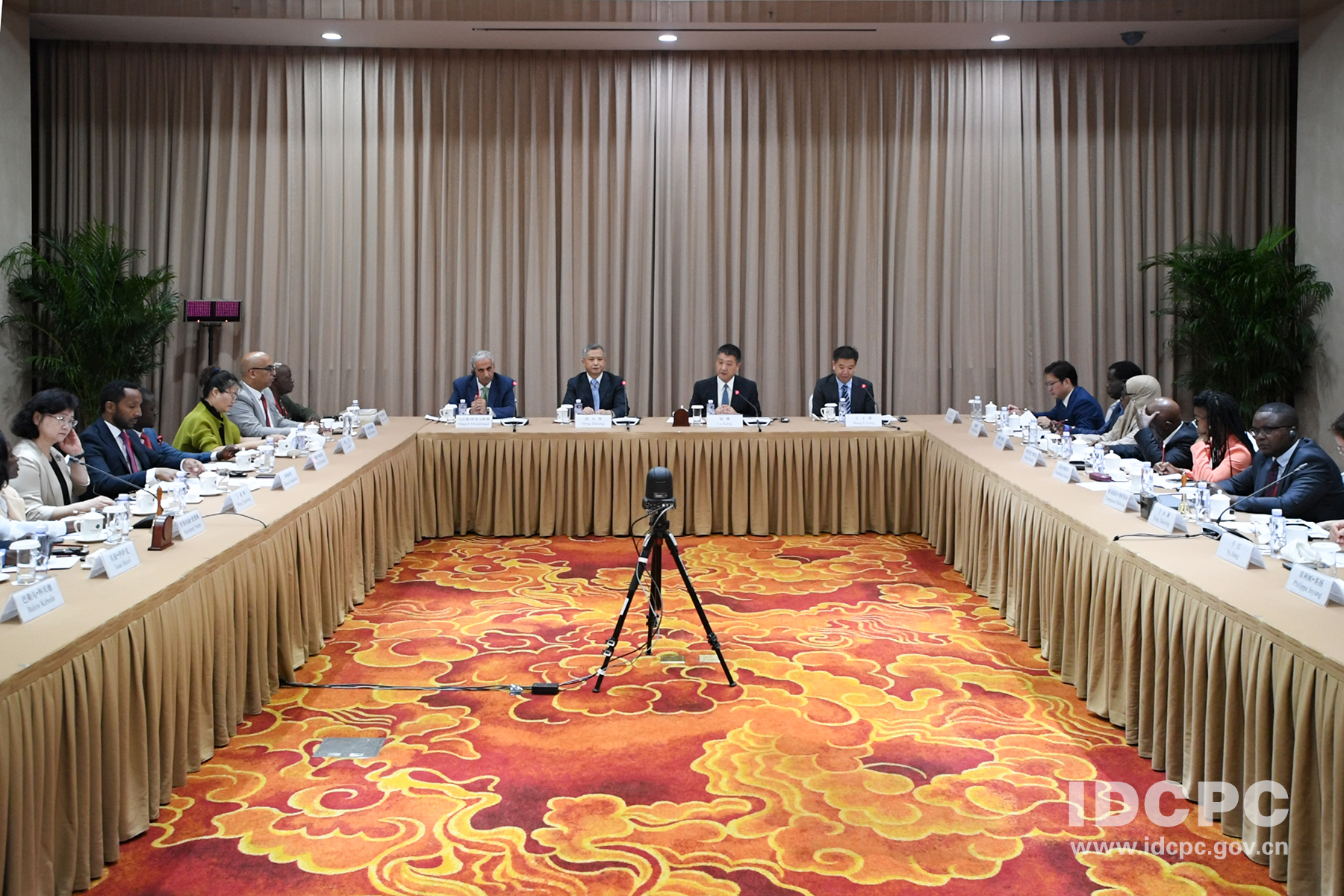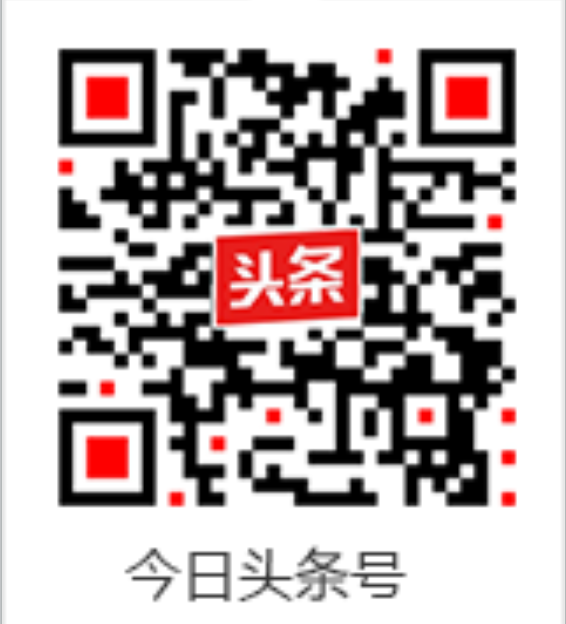
Beijing, July 30th—The China Center for Contemporary World Studies of the International Department of the CPC Central Committee (IDCPC) and the National Office for Philosophy and Social Sciences of the Publicity Department of the Communist Party of China (CPC) Central Committee jointly held here today a dialogue between think tank scholars of China and Africa under the theme of "high-quality Belt and Road cooperation and China-Africa relations in the new era". Lu Kang, Vice-minister of the IDCPC, and Hong Dayong, Vice Minister of the Publicity Department of the CPC Central Committee, attended the opening ceremony and delivered speeches. Experts and scholars from the Chinese Academy of Social Sciences, Peking University, China Institutes of Contemporary International Relations, China Institute of International Studies, as well as representatives from 20 think tanks from 15 African countries including Egypt, Ethiopia, and Kenya attended the dialogue and had in-depth discussions on the current situation and prospects of high-quality Belt and Road cooperation and China-Africa relations in the new era.

Lu said, since the start of diplomatic relations between China and African countries nearly 70 years ago, China has always taken unity and cooperation with African countries as a priority on China's diplomatic agenda. In 2013, President Xi Jinping announced the principle of sincerity, real results, amity and good faith for China's Africa policy, and promoted the building of a China-Africa community with a shared future as a common vision for both sides. Under the new circumstances, high-quality Belt and Road cooperation requires both sides to take China-Africa comprehensive strategic partnership as guidance, and draw a new blueprint for common development together. Both sides need to jointly promote the modernization of governing system and capacity through experience exchange in state governance and administration, and enhance people-to-people and cultural exchanges based on think tank cooperation.
Hong said, since President Xi Jinping proposed the Belt and Road Initiative (BRI) more than ten years ago, China and all sectors of Africa have worked hand in hand to push China-Africa cooperation under the BRI for fruitful results. In the process of advancing high-quality Belt and Road cooperation and promoting China-Africa cooperation in the new era, it is hoped that think tanks of both sides will give better play to advantages and unique features, actively enhance understanding, strive to build knowledge and narrative systems that serve China-Africa relations development, actively promote practical cooperation, and work hard to be contributors and promoters of people-to-people bonds and common development between China and Africa.
The participants believed that China and Africa have great cooperation potential in many fields such as infrastructure, critical minerals, green development, digital economy, think tanks, media, culture and tourism. The two sides can further consolidate the foundation of the concept of the China-Africa community with a shared future, make new strides in technical cooperation, and jointly cultivate young talents. African think tanks are willing to strengthen cooperation with think tank platforms such as the Silk Road Think Tank Association (SRTA) to facilitate policy coordination and tell stories of China-Africa friendship well. It is believed that the upcoming 2024 Summit of the Forum on China-Africa Cooperation (FOCAC) in September will bring new vitality to China-Africa cooperation in the new era and bring China-Africa relations to a new height.





















